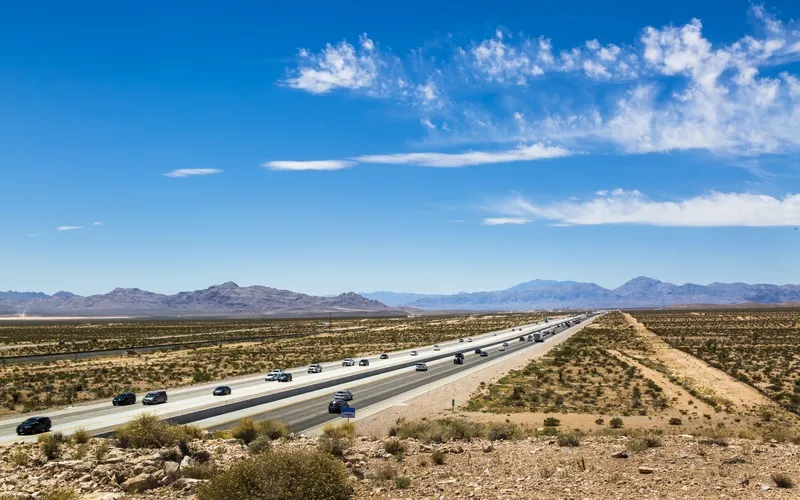
NOCoE says that the fellowships will provide opportunities for those early in their careers to gain knowledge and skills to support their future long-term growth.
The programme will help develop short and long-term career goals while building soft skills including interpersonal communications, writing and media interactions. These will go beyond technical analysis and basic presentations, explained Patrick Son, NOCoE managing director.
“Soft skills are constantly in demand for every industry,” he said.
“This fellowship programme will increase their opportunities to develop those skills, increase their TSMO knowledge and add value to their programmes, departments and the people they serve. All of these things are critical to accomplishing the transportation mission.”
The TSMO Fellowship Program is open to any public sector employees including state and local departments of transportation, and metropolitan and regional planning organisations.
Fellowship selections will be made by NOCoE staff and representatives from its three partner organisations, the American Association of State and Highway Transportation Officials, the Institute of Transportation Engineers and ITS America.
Successful candidates will work with their supervisor and the programme to establish an individual development plan to ensure their training and developmental experiences align with their current job and overall career goals.
For the fellowship’s first year, NOCoE will take in three to five people and more people will be accommodated as demand and resources increase.
All submissions for the first cohort are due by 1 May.









